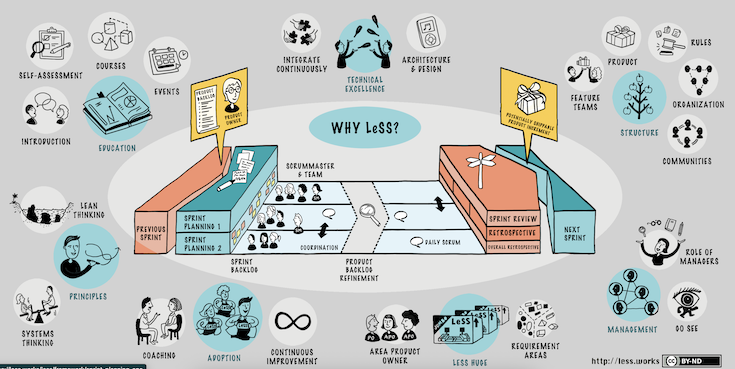Working Extended Hours Within Agile Teams
A very long time ago, I was coaching a Scrum team where a team member was on an hourly contract and was regularly billing 70-80hrs a week. Among many other ideas that I discussed with client, I advised my client was to transition this consultant away from an hourly contract to a full time with a full-time (40hours a week) contract. With this new arrangement, my client can recruit two full time consultants instead of one person at 70-80hrs week.
Some other reasons i had include:
Law of Diminishing Returns:
A normal working week for most employees is 40hrs per week in most part of the world. The law of diminishing returns sets in where a consultant or an employee works 70 - 80hrs a week. The law of diminishing marginal returns states that, at some point, adding an additional factor of production results in smaller increases in output.
In essence, the output from the consultant working at 15hrs a day at some point diminishes due to fatigue and tiredness.
Sustainable Work:
When people work for extended hours without enough rest, their body is more like to break down and ill-health sets in. I understand that the occasional need for working extended hours could arise but i would’t want to encourage my clients to build a workplace where working extended hours is the norm.
Additional Source of Ideas:
Depending on how large the current team is, it might be a good idea to bring in an additional hand to help out with work and also an additional brain with fresh ideas. We’ve all been at the point where you would really like someone else to run your ideas by and might help resolving tricky business problems.
In the decision making process, factors considered included value and sustainability on the long run. Please feel free to share any thoughts on this, bearing on your experiences or some research you have done.




